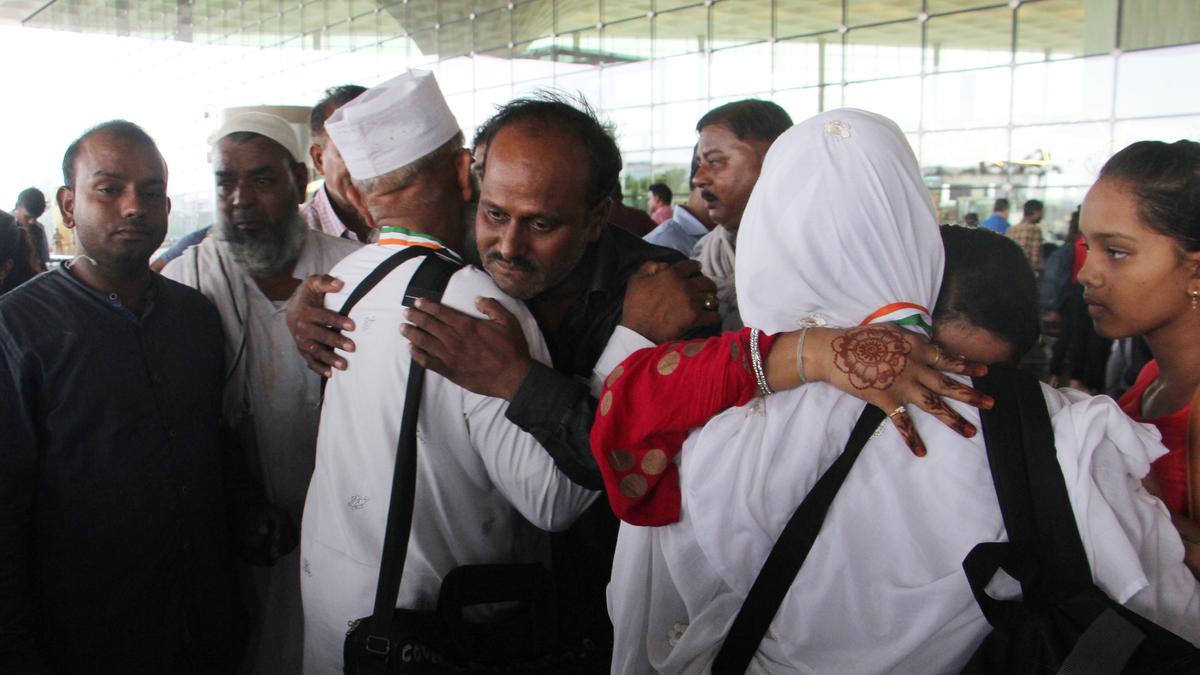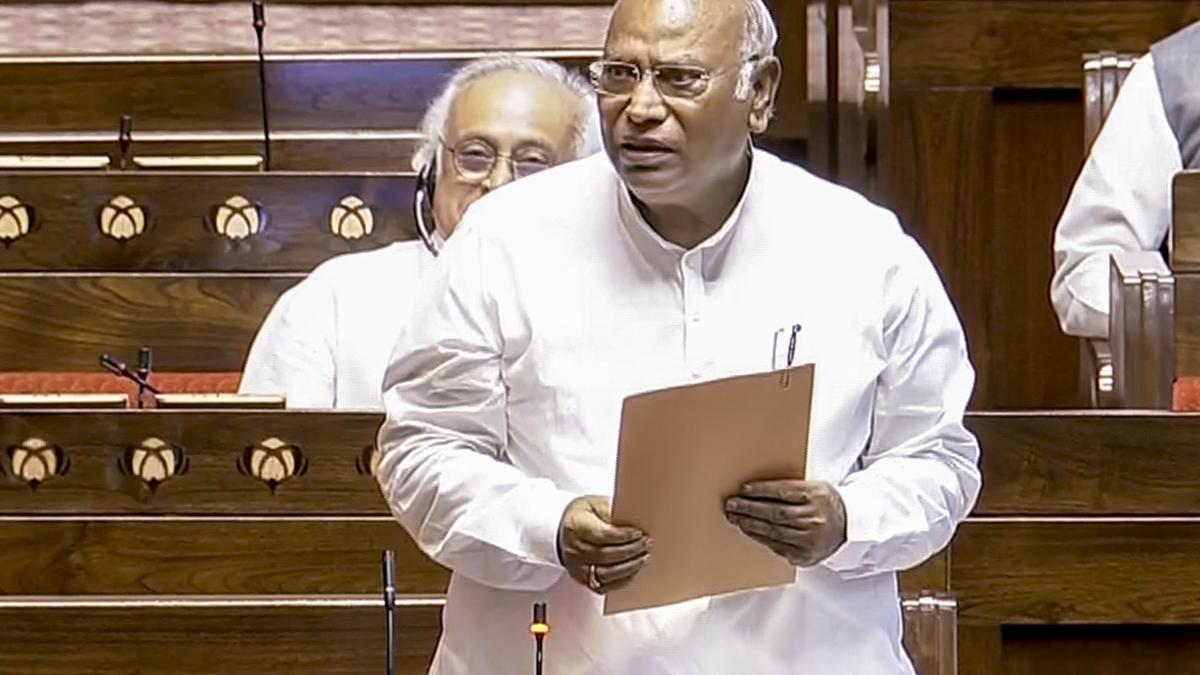HYDERABAD: Telangana HC on Tuesday directed state’s Congress govt to inform it by Aug 27 how long it would take to set up a commission for Backward Castes (BCs), followed by a survey to assess the extent of backwardness among the groups.
A bench of Chief Justice Alok Aradhe and Justice J Sreenivas Rao was hearing a batch of petitions seeking implementation of Backward Castes category-wise seat reservations in elections to municipal corporations like GHMC and rural bodies.
The bench noted that as a three-judge bench of SC had on March 4, 2021, laid down a triple test to be adopted by states on such quotas, Telangana should follow the mandate of this order.
SC wanted the states, before earmarking seats for Backward Castes in local bodies, to first set up a Backward Castes commission and conducting a survey to get empirical data on the status of various categories of Backward Castes. The states were then asked to allot seats to Backward Castes in the light of the commissions’ recommendations.
However, SC had made it clear total reservations for SCs, STs and Backward Castes should not exceed 50% of the available seats. The states should keep this in mind while fixing reservations for Backward Castes because the quotas meant for SCs and STs are statutory in nature.
In other words, SC indicated that the quantum of reservations for Backward Castes could be reduced but not those of SCs and STs, whose shares were protected by the Constitution.
A bench of Chief Justice Alok Aradhe and Justice J Sreenivas Rao was hearing a batch of petitions seeking implementation of Backward Castes category-wise seat reservations in elections to municipal corporations like GHMC and rural bodies.
The bench noted that as a three-judge bench of SC had on March 4, 2021, laid down a triple test to be adopted by states on such quotas, Telangana should follow the mandate of this order.
SC wanted the states, before earmarking seats for Backward Castes in local bodies, to first set up a Backward Castes commission and conducting a survey to get empirical data on the status of various categories of Backward Castes. The states were then asked to allot seats to Backward Castes in the light of the commissions’ recommendations.
However, SC had made it clear total reservations for SCs, STs and Backward Castes should not exceed 50% of the available seats. The states should keep this in mind while fixing reservations for Backward Castes because the quotas meant for SCs and STs are statutory in nature.
In other words, SC indicated that the quantum of reservations for Backward Castes could be reduced but not those of SCs and STs, whose shares were protected by the Constitution.




